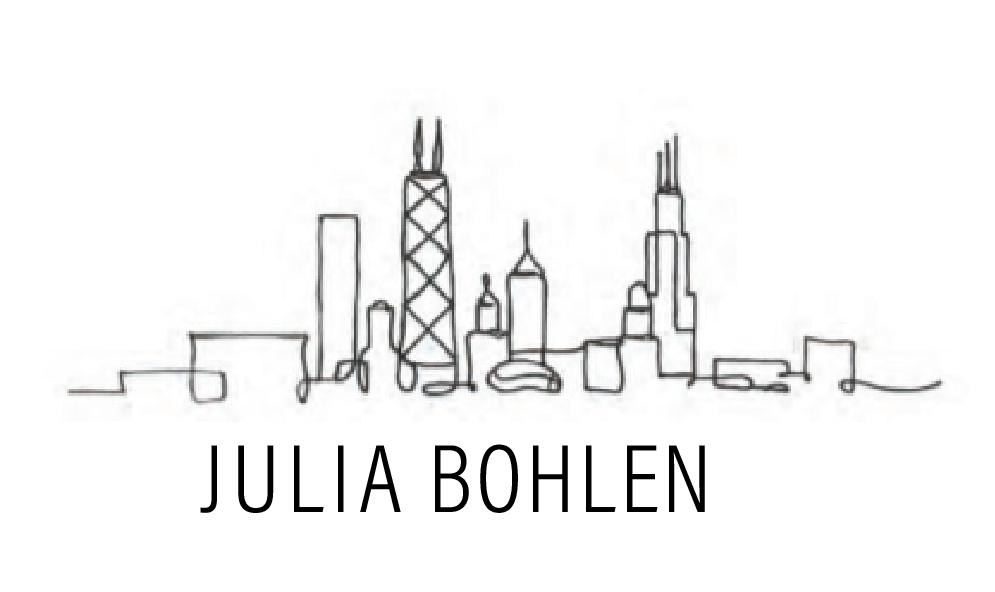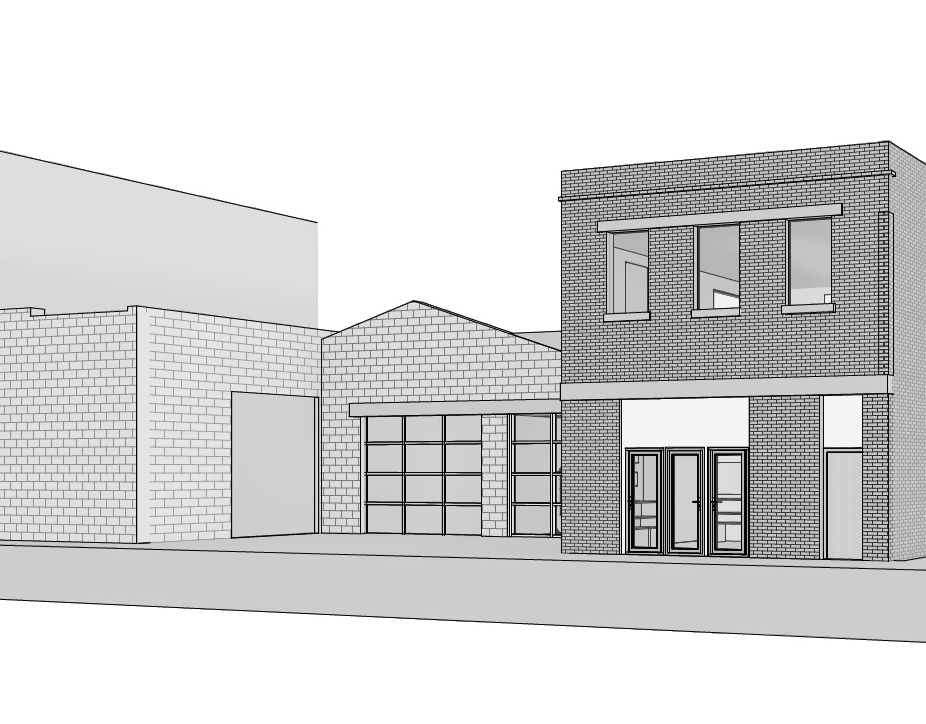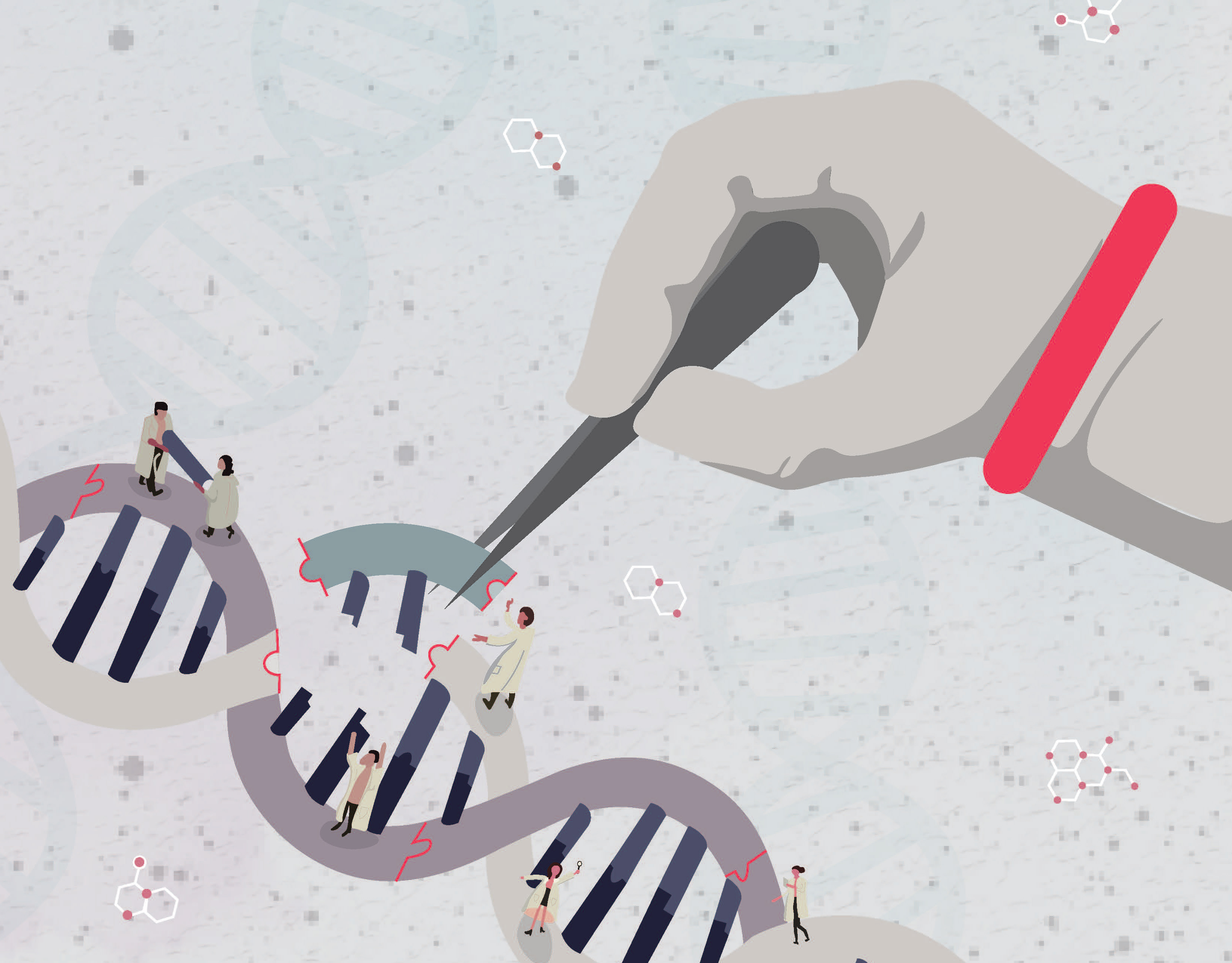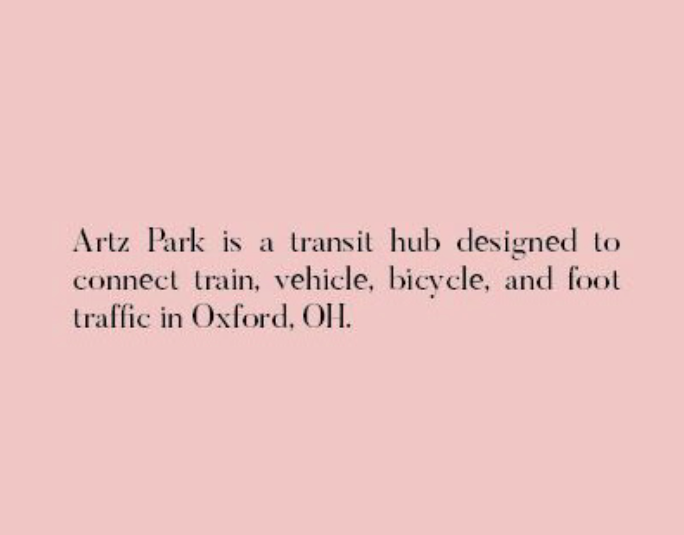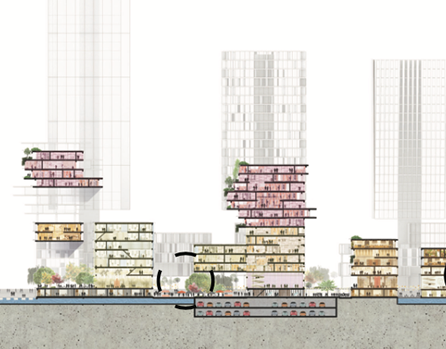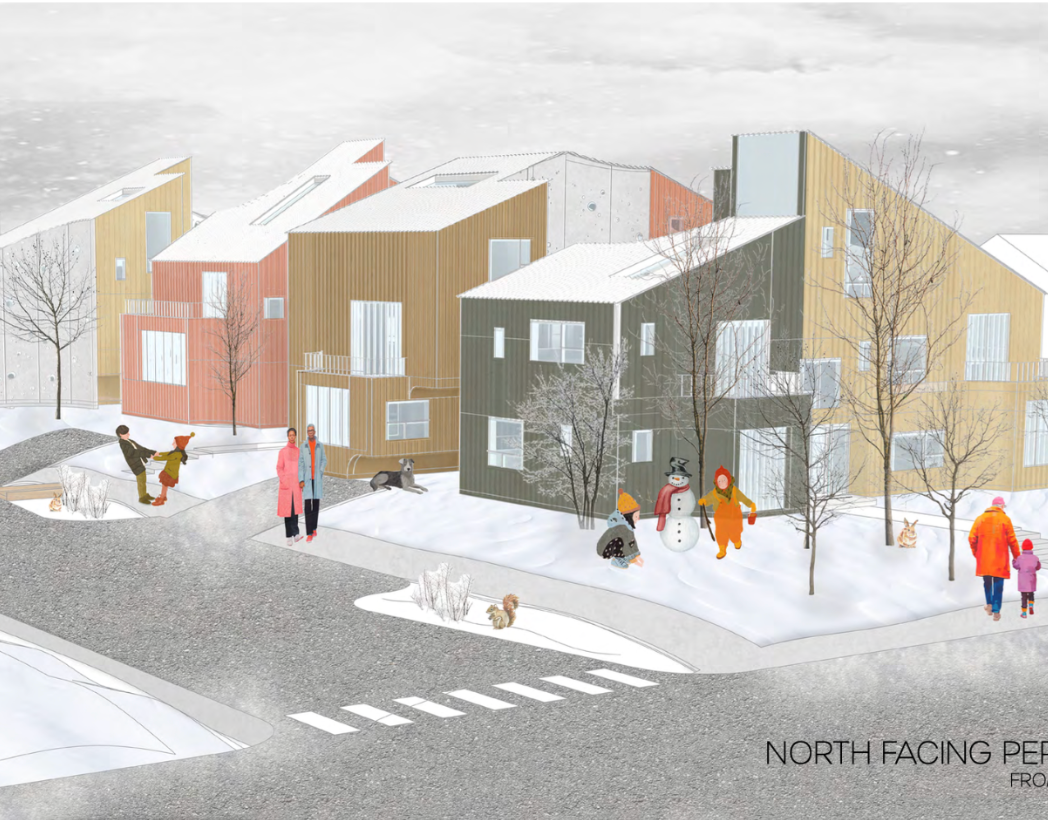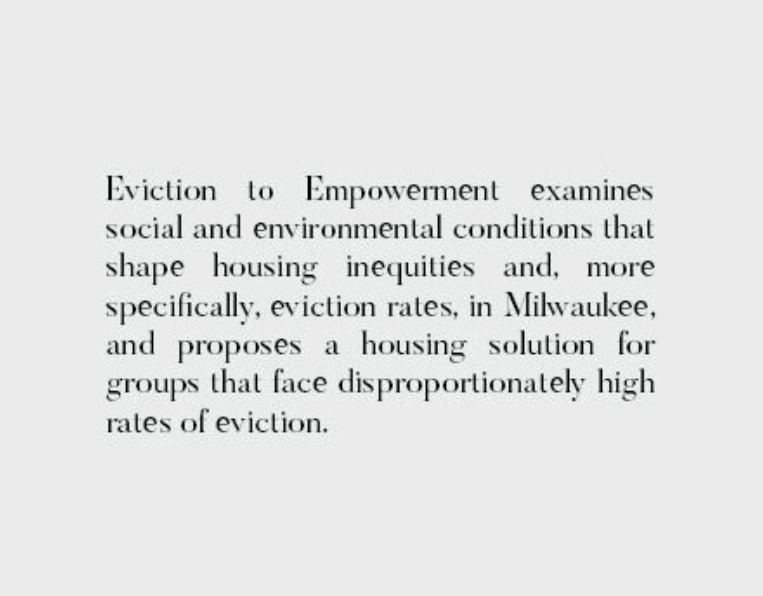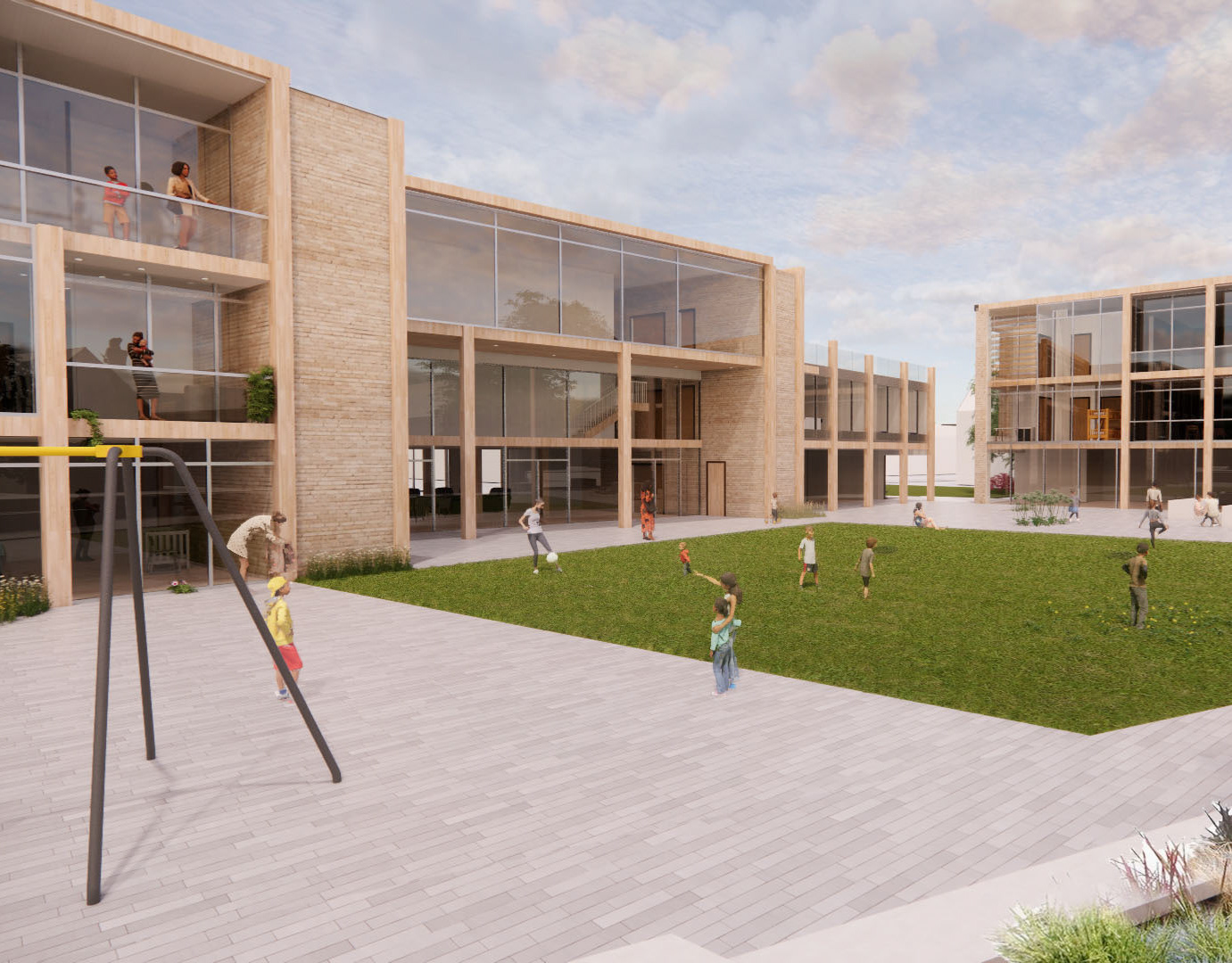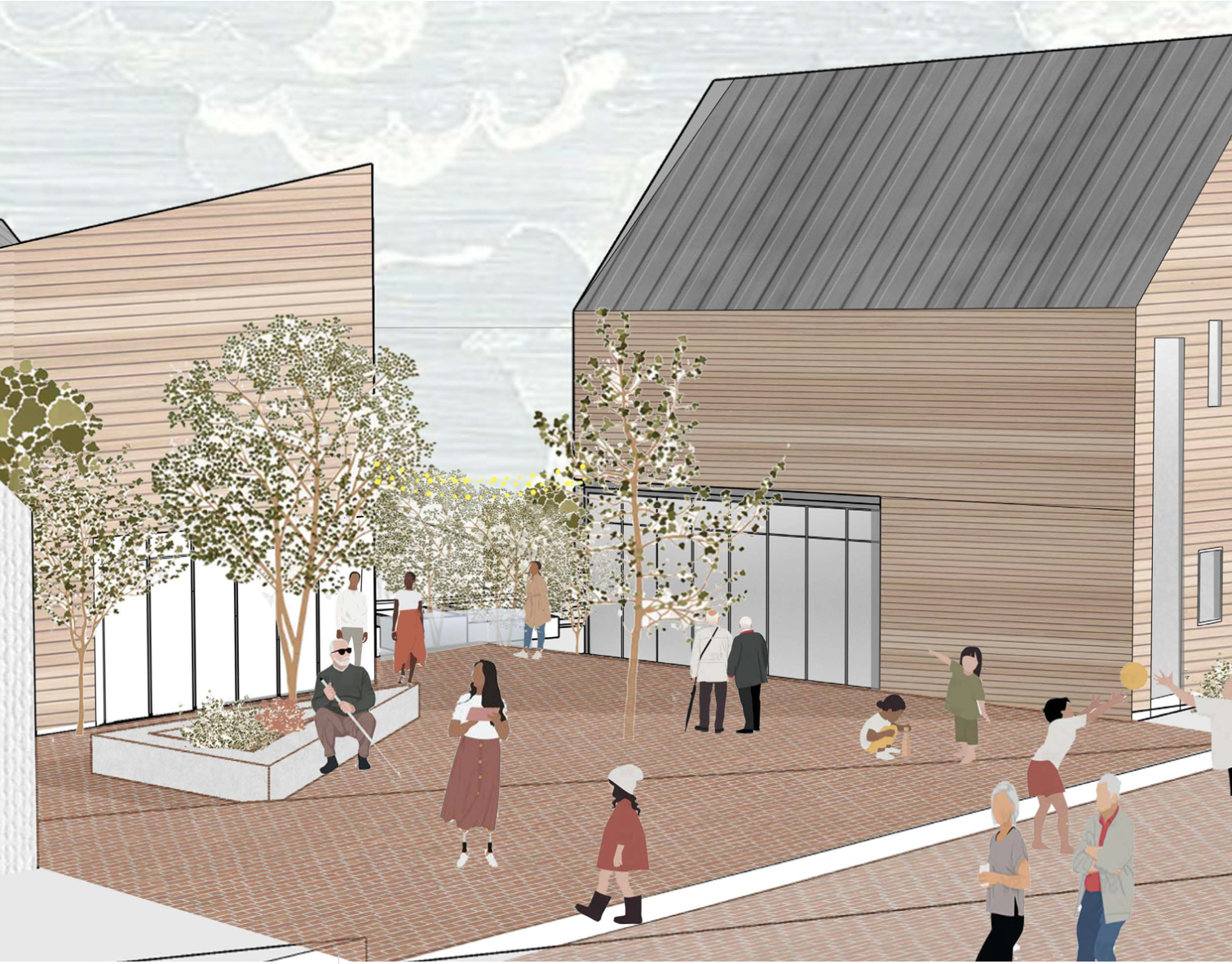Growing Healthier Communities; Metcalf Park (Milwaukee), WI | Fall, 2020 (third year) | Academic project
Growing Healthier Communities combines data, sustainable design principles, and community engagement to inform global and local health and provide constructive solutions to improve community health.
The project utilizes data to define a comprehensive vision for community health and develops a program for a community center. This vision expands to create a health equity zone with population health approaches. The design of the community center is based on a holistic view of health -- defined in spanish as ‘salud’: “ the state of complete mental, physical, and social wellbeing -- promoting transparency and combining various social determinants of health while responsible sustainability principles make use of natural light. These facets of health are expanded into the neighborhood, transforming vacant lots into opportunities for healthy living.
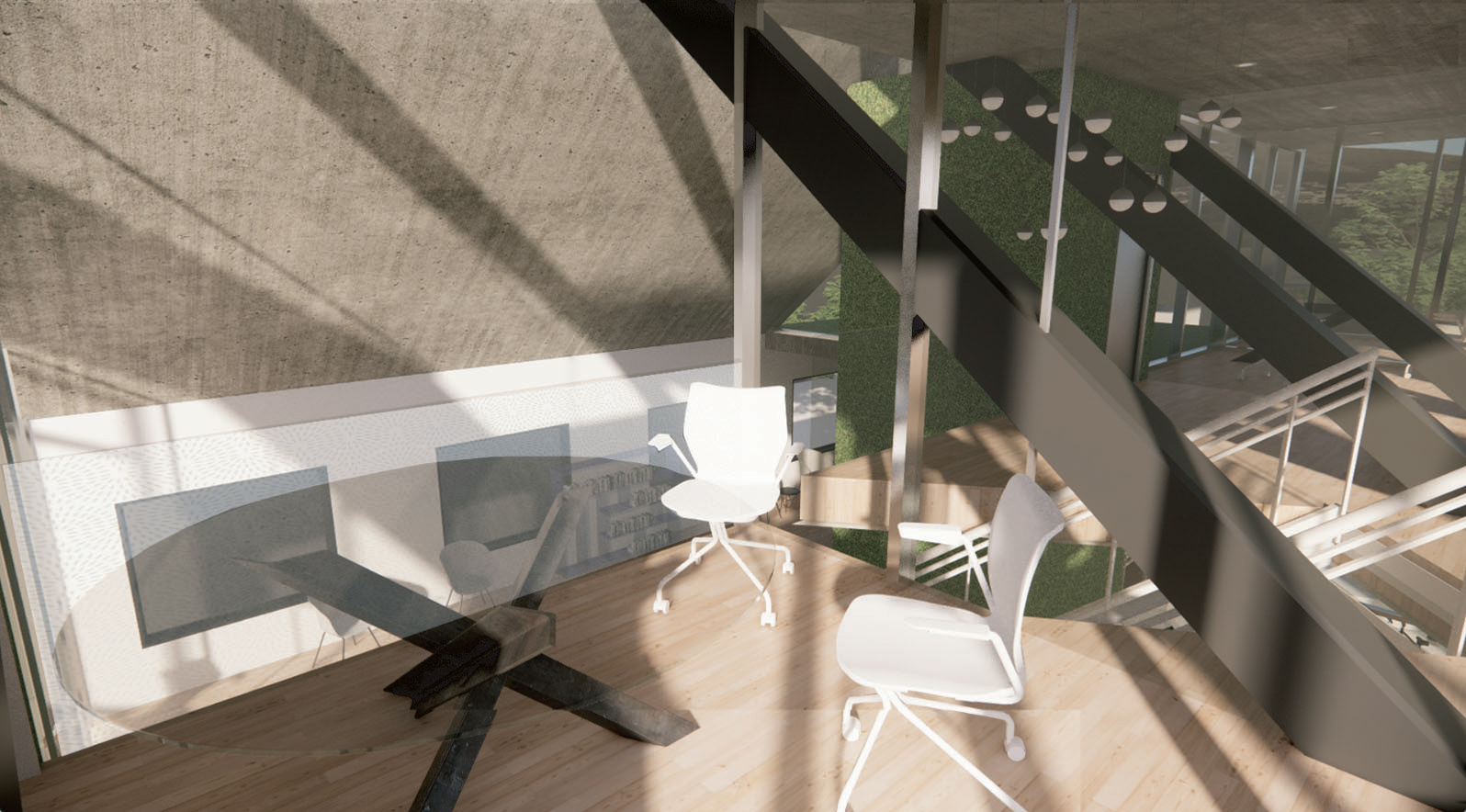
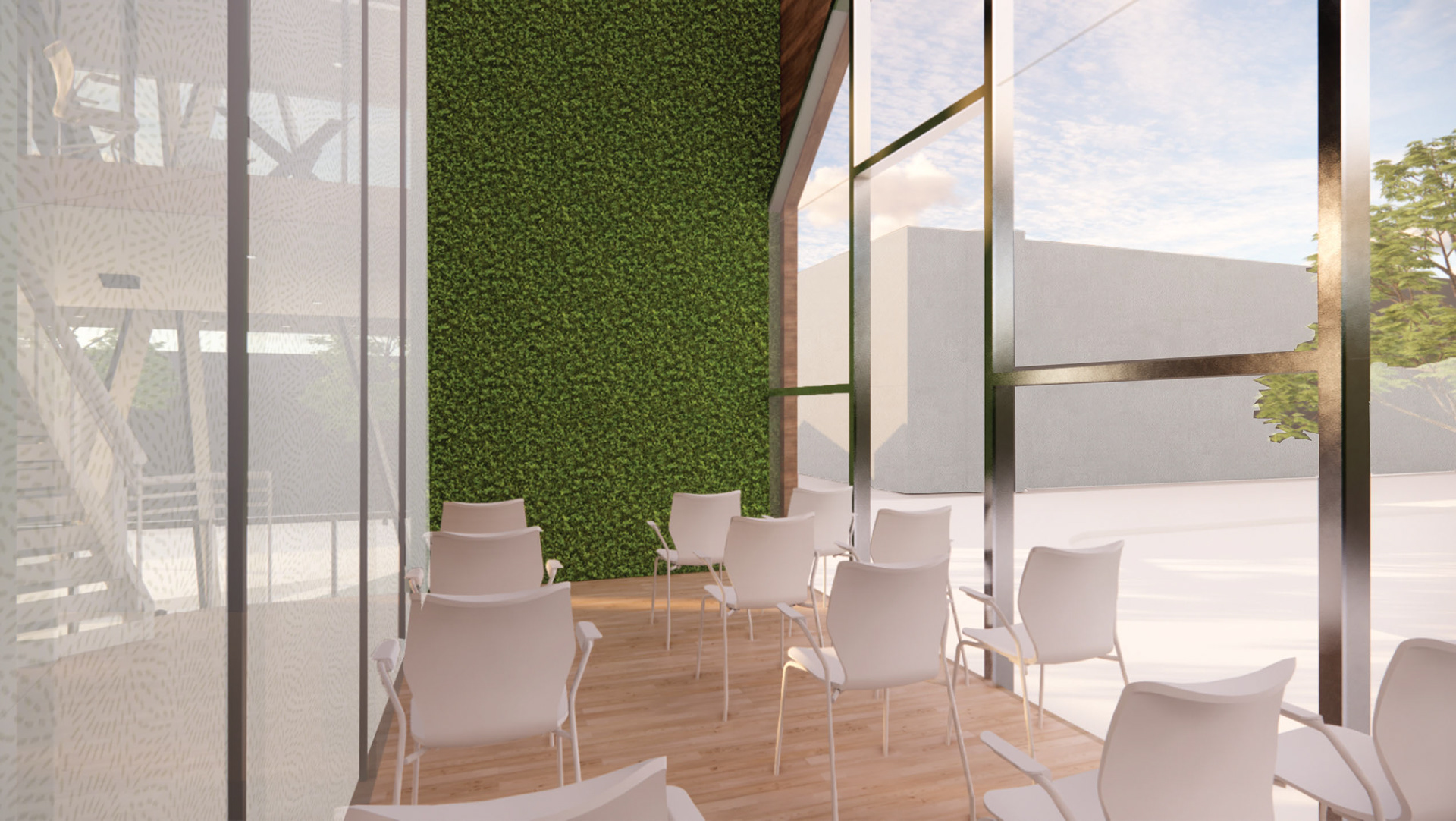
Through the use of the building science modeling program, WUFI, the building envelope was developed according to its climate. Proper building envelope design contributes to the durability and health of the building itself and its occupants.
Sustainability studies, including building envelope studies with WUFI and façade solar studies, ensure that the building is designed according to the climate conditions of its site and that its envelope promotes a healthy experience for occupants and is durable over time.
Salud, the Spanish word for "health," literally meaning "the state of complete physical, mental, and emotional well-being," was used to take a holistic approach toward neighborhood health, examining the ways in which the physical infrastructure of the neighborhood can promote healthy behaviors.
As the neighborhood is currently lacking in access to public greenspace and is considered a food desert, vacant lots can be transformed into community gardens, parks, sports fields, and more to promote physical activity and healthy lifestyle.
Façade louvers help to control sunlight exposure, bike storage and rental space encourages healthy habits, and community gardens promote healthy and sustainable food production.
